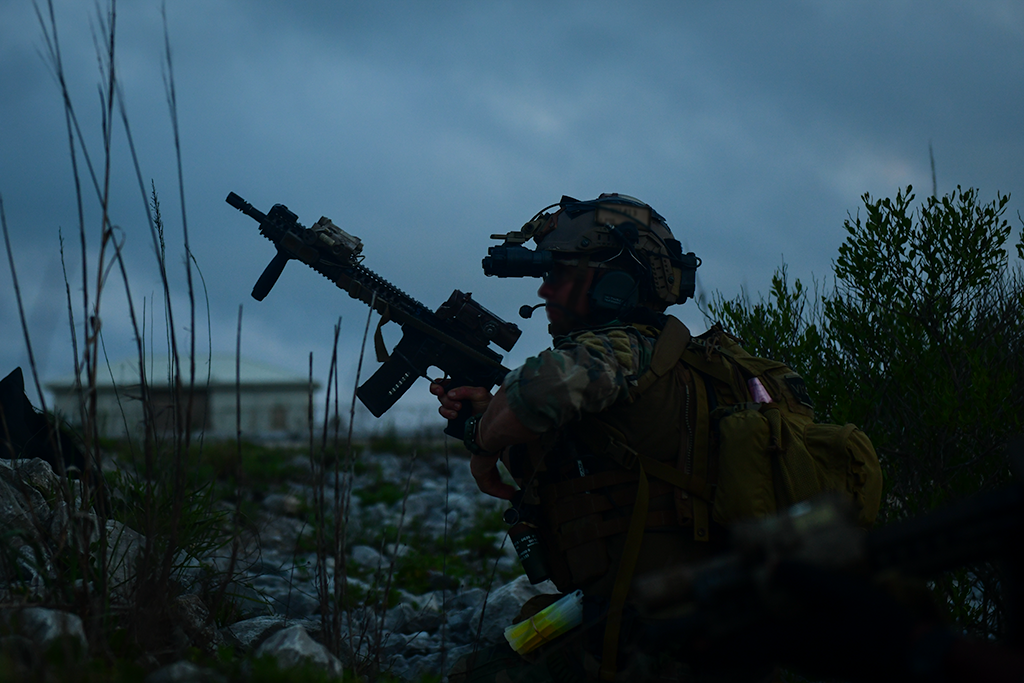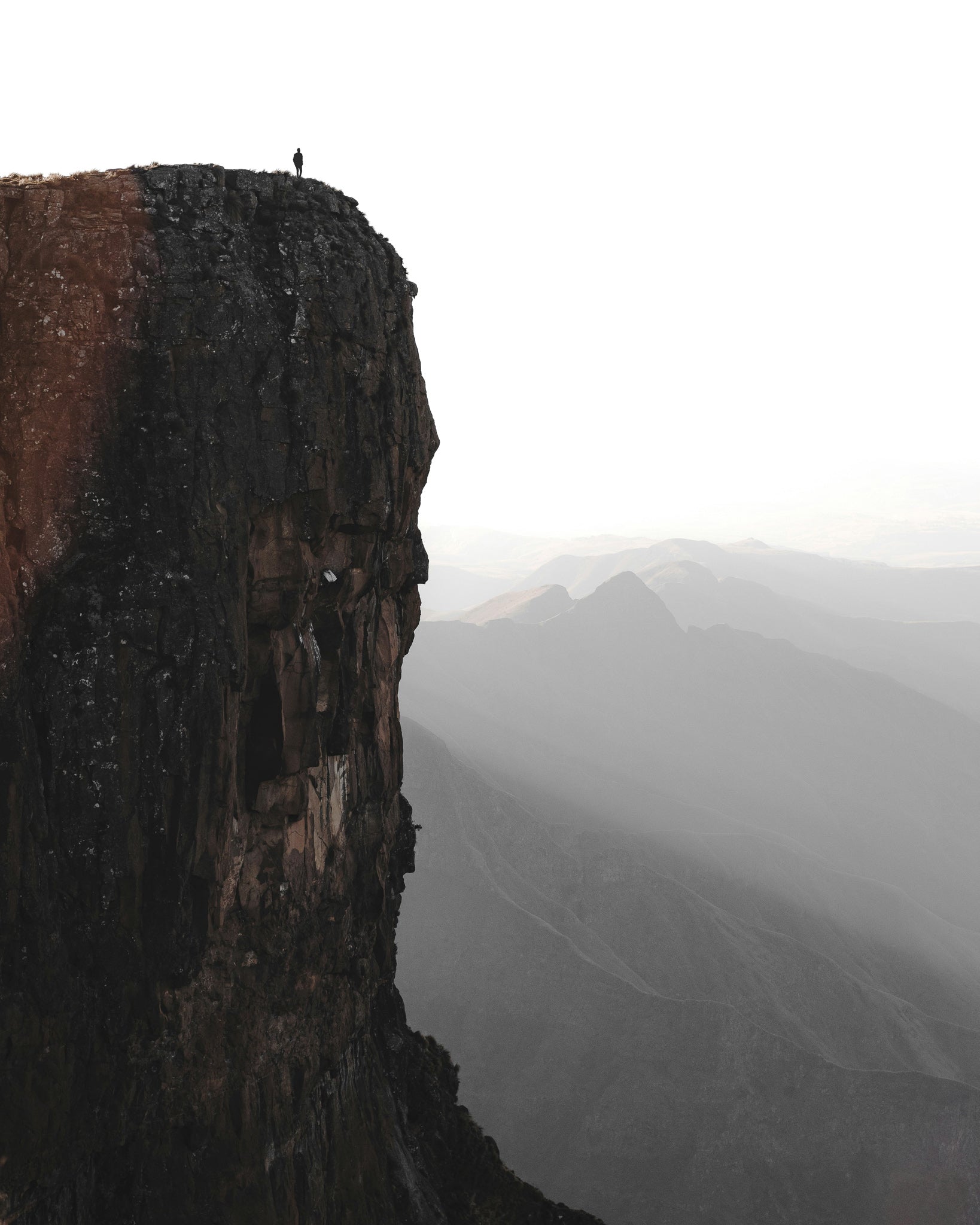The impact of the plane touching down jarred me awake from my sleep. “Great,” I thought as I looked out the window into the darkness. I was on the other side of the world, again, and had slept through their “day.” It was going to take me a week to get on schedule and I knew there was a real possibility I would be working tonight if we were going out. Coffee and Pro-Vigil to make it through the day yet again. Lunesta and Melatonin to get to sleep at a decent hour.
"That motivational speaker telling you that you don't need sleep is full of shit. Sleep is where your body and brain heal and it is VITAL to a high functioning human." - An actual doctor, probably.

Whether you’re a local LEO, shift worker, first responder, or traveling long distance requiring a change (or changes) in time zone, tactical professionals are still required to operate at high levels, with the same low margins of error, despite disruptions to sleep and circadian rhythm.
We’ve combined our first hand experience with the current best practices used in academia and elite sport to give you some simple practical advice for managing travel when you still have to be at your best. Contrary to popular belief, our tactical experience is rarely the best for things like this- we’re wired to just push through.

Traveling
When traveling, do as much as you can beforehand to help minimize the stress on the day. Working from lists can be really helpful as you can physically check off items as you pack them, or tasks as you complete them. You might need to think about TSA friendly snacks (our go-to items include jerky, homemade pemmican and other non-perishables like nuts and seeds) as well as hydration options- both containers and probably some kind of electrolyte product.
Making sure you’ve got plenty of podcasts, books or movies can help to pass the time, but definitely also pack a good eye mask, pillow and possibly a blanket so that you can sneak in as much sleep as possible before you arrive.
Whilst it’s tempting, we’d strongly suggest avoiding sleep inducing medication; instead, take cat naps and try to get up every 30 minutes or so to stretch your legs and move around.
Short Duration Trips
If you’re going to be in the new time zone for a short period (e.g. one to three days), we’d recommend you aim to keep as close to your normal routine as possible.
By this we mean continuing to wake up, go to sleep and even eat when you normally would (operational circumstances allowing). This will definitely feel weird, but it means that you are less likely to experience the grogginess and disorientation that comes with trying to adjust your internal body clock to match the local time- a factor which could be critical depending on your mission objectives.
Now clearly this kind of approach is only going to work if you’re on a short schedule, pretty quickly your body is going to start adjusting naturally, based on exposure to things like light, temperature and sound. Consequently, as best as you can, whilst you’re asleep try to control these things- e.g. use blackout blinds or an eye mask, ear plugs and ideally set the AC to a constant temperature that you would be familiar with sleeping in at home. You could even bring a pillow (or pillow case) that you use at home, as a familiar scent has been shown to help calm the brain, allowing you to fall asleep more quickly.
If you find yourself feeling tired during time periods when you should be awake, you can try a caffeine nap. Make yourself a strong cup of coffee (or a similarly caffeinated beverage) and drink it fairly quickly, then close your eyes for 20-40 minutes; this could either be just passively listening to music or following along with something like Huberman’s Non-Sleep Deep Rest Protocol. EIther way, you should find that towards the end of the 20-40 minutes, the caffeine is starting to take effect- so you get a double whammy of benefits from both that and the brief shut-eye.
Longer Duration Trips
If you’ll be in country or on a different schedule for a longer period, then trying to acclimate is key.
If it’s viable, you might want to spend the last few days at home, getting your body ready- this could include getting as much quality sleep as possible and also starting to shift your bedtime, wake up and even meals and training sessions to times that’ll be appropriate once you arrive.
Upon arrival we’d recommend you try to get direct sun exposure, particularly through your eyes (so ditch the shades!) as quickly as possible. Your brain has a super clever way of being able to estimate the time of day, based on how the sunlight is, which helps automatically adjust your internal body clock. If you’re traveling from somewhere in the northern latitudes to somewhere closer to the equator, don’t fry yourself in the sun; 20-30 minutes is normally enough to kick start the adjustment process. Then, where possible, try to get around 10 minutes of direct sunlight (again, including your eyes) first thing in the morning and last thing at night every day for the first week or so.
We’d also recommend that you try to get some low level aerobic exercise as soon as you’ve arrived- walking is great for this. Not only will it help you get the feel of your new location, getting some blood flowing (especially if you’ve been cramped up on a military flight) is a great way to start making you feel more human.
Generally we’d also suggest just sticking with low intensity, concentric biased work for the first couple of days too, this can be made more challenging with constraints like breathing protocols (e.g. nasal or breath holds) or blood flow restriction (BFR) if you’d prefer. Your body is going to be under a ton of stress from the change in routine that travel and orienting to a new environment brings, so it’s best to not also slam it with additional stressors if you can help it.
As with the short term travel advice, especially at first, you might also want to lean on daytime naps or meditation sessions (keep them under an hour and before 1500 local time) as well as supplements like caffeine and melatonin (e.g. Teddy Bear Night Night).
Most people will be acclimated to the new time zone or schedule in around 2 weeks, at which point you can start returning to a more normal way of life.
Additional Reading
- Van Rensburg et al, 2021 - Travel and Jet Lag in Athletes Consensus Statement https://pubmed.ncbi.nlm.nih.gov/34263388/
- Fuentes & Chung, 2024 - Regulations to decrease human factors errors in aviation https://www.ncbi.nlm.nih.gov/books/NBK546637/
- Good et al, 2020 - Sleep in the US military https://www.nature.com/articles/s41386-019-0431-7





Leave a comment
This site is protected by hCaptcha and the hCaptcha Privacy Policy and Terms of Service apply.